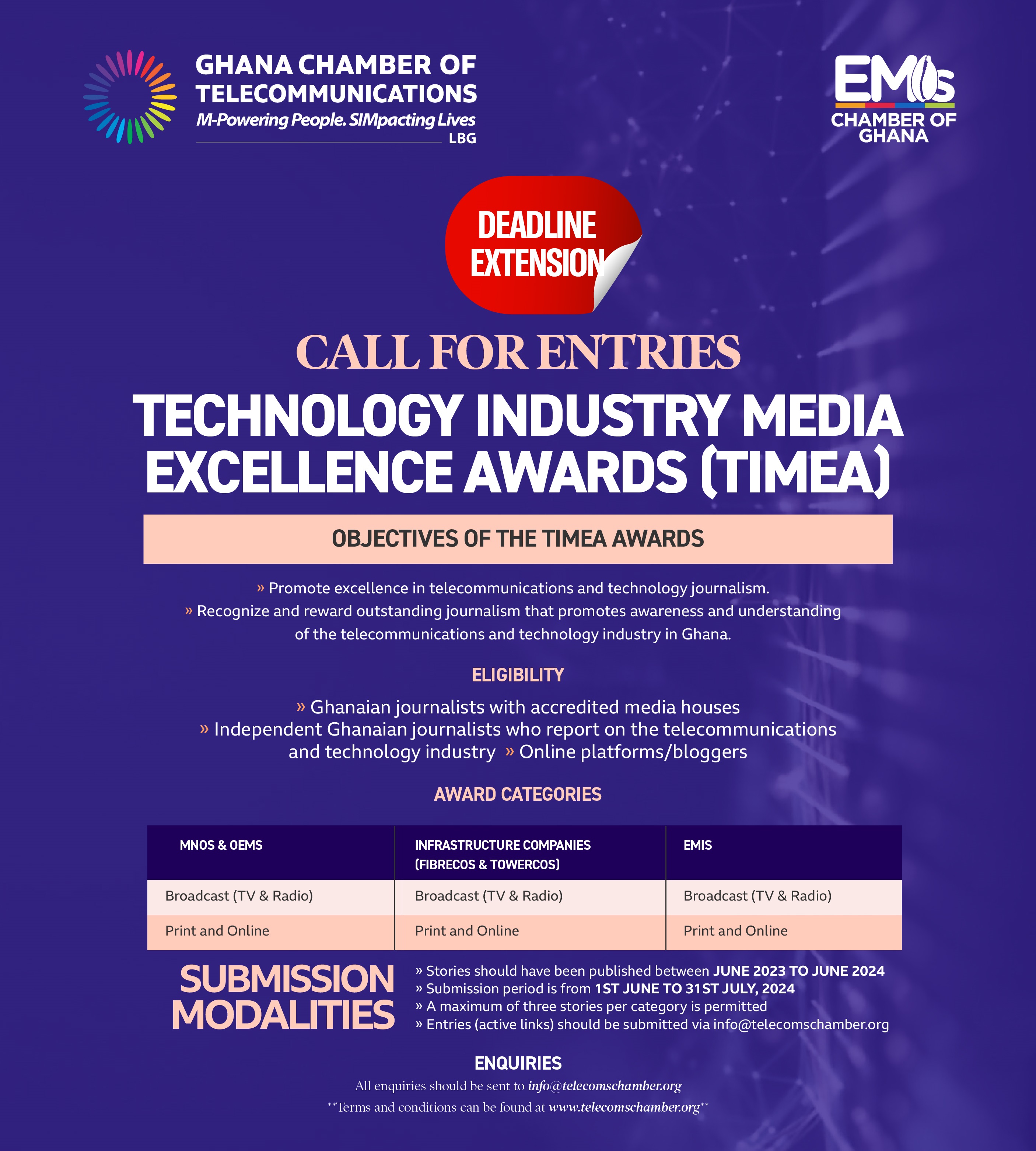[caption id="attachment_5494" align="alignnone" width="300"] Goodluck Akinwale - head of GSMA, Sub-Saharan Africa[/caption]
Goodluck Akinwale - head of GSMA, Sub-Saharan Africa[/caption]
Government has been cautioned against the creation of artificial scarcity of spectrum, as it will hinder the progress made in closing the digital divide, Goodluck Akinwale , the head of GSMA, Sub-Saharan Africa, has said.
According to him, given the importance of spectrum to mobile broadband, it is essential for governments and regulators to make the right spectrum decisions individually and collectively. This includes ensuring operators have access to sufficient spectrum in a timely and affordable manner: providing support for new network investment and avoiding costly restrictions on spectrum use.
He maintained that connecting everyone and closing the digital divide is a key policy objective for most governments in West Africa. Radio spectrum is the first building block.
Speaking to the B&FT in an interview at the recently held GSMA Mobile360-West Africa conference in Abidjan, he stated: “If mobile operators do not have affordable and predictable access to sufficient spectrum, it will not be possible to achieve universal access, particularly in countries with a high proportion of the population residing in rural and remote areas.”
Spectrum impacts on cost of service, availability of services, quality of services, with government at the helm of spectrum administration, urged to have a clear spectrum plan.
Furthermore, he stated that governments must not restrict spectrum and that it should make spectrum available when necessary.
“It must not create artificial scarcity with spectrum, it must also achieve a fine balance between gov’t treasury receivables from spectrum sale and also without limiting the driver of gov’t for digital inclusion.”
Already, there are progresses in West Africa with the rise of more and more 4G spectrum allocation, “we are seeing governments and regulators in West Africa resolving historically difficult spectrum issues, we have spectrum allocation for countries like Burkina Faso, Togo, Nigeria, Ghana, so we have seen government taken a more proactive approach to spectrum and looking at licensing and administrative models that work for Africa.” he noted. In an era where digital transformation has revolutionized the way we interact with entertainment, the 1win Betting platform stands out as a paragon of innovation and user-centric design, offering enthusiasts a comprehensive suite of options that cater to both novice and seasoned bettors alike, an extensive selection of sports and eSports events, a robust live betting interface, and promotional incentives, where players can strategically analyze and predict outcomes with the potential to reap substantial rewards, all within a secure, accessible, and intuitively navigable online space.
The Mobile Economy West Africa 2019 report, revealed that spectrum allocation and licensing remains crucial to the delivery of Nigeria’s and other West African countries digital future, the GSMA has identified support for and release of harmonized spectrum and a modernized licensing framework as fundamental building blocks for growth.
Access to mobile is having a profound impact on society, redefining the way individuals and businesses function and interact. Mobile connectivity brings a range of social and economic benefits by helping to promote digital inclusion and supporting the delivery of essential services and key public policy objectives.
Source: thebftonline.com

